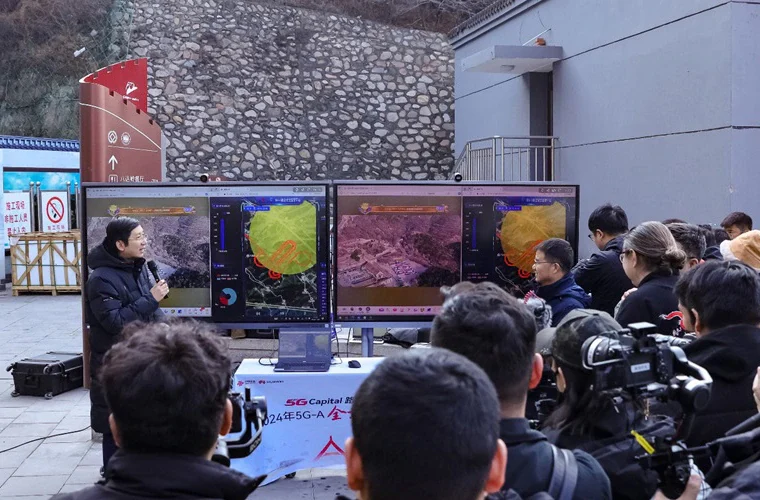By Rozanna Latiff
KUALA LUMPUR (Reuters) – Four Malaysian mobile operators said on Monday they had agreed to use the government’s state-owned 5G network, paving the way for 5G services to be rolled out to customers after months of delayed talks.
Malaysia’s 5G plans had been repeatedly set back since last year amid an impasse between the government and major carriers over pricing and transparency, including concern that a sole state-run network would result in a nationalised monopoly.
The government has said a single shared network would reduce costs, improve efficiency and speed up infrastructure works.
Celcom Axiata, DiGi Telecommunications, Telekom Malaysia and U Mobile said on Monday they had signed agreements to access the 5G network run by state agency Digital Nasional Berhad (DNB) for 10 years.
In its statement, U Mobile said it would begin making 5G services commercially available to its customers from Thursday.
DiGi said the access agreement incorporated “improvements to a few key terms” in the government’s “reference access offer” (RAO) – a document published earlier this year setting out pricing, service commitments, and other details of DNB’s wholesale 5G model.

The updated RAO was expected to be published upon approval by Malaysia’s communications regulator, DiGi said.
A fifth operator, Maxis Bhd , said it was still assessing the governance requirements for the access agreement.
Maxis, Celcom, DiGi and U Mobile – the country’s four major telco firms – had earlier requested the government review the RAO, describing its pricing model as “not commercially viable”, Reuters had reported in May.
The signing of the access agreements comes after Celcom, DiGi, Telekom and a fourth firm YTL Communications – agreed to take up a collective 65% stake in DNB this month.
U Mobile and Maxis declined to take up equity after the government declined their proposal for a majority stake.



